About 'No ID, No Sale!' Campaign
It's not personal,
it's the law!
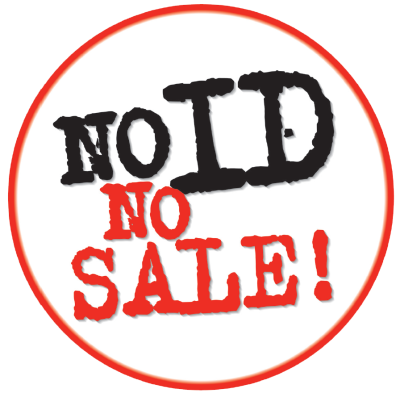
The 'No ID, No Sale!' campaign has been operated by the largest UK PASS Card issuer CitizenCard since 2004 offering free downloads and retail packs to independent retailers.
The 'No ID, No Sale!' campaign supports anyone with an interest in preventing underage sales. Use the materials in the free retail packs to help you and your staff comply with the legislation on underage sales. Doing so will help prevent you from being prosecuted, fined or losing the right to sell alcohol, tobacco or lottery products.
'No ID, No Sale!' campaign co-ordinator Andrew Chevis explains:
"Shop staff have an essential job preventing attempts by under-18s to buy alcohol, tobacco and other age-restricted goods. The new message is displayed on the materials so that the customer understands that they are not being targeted when asked for ID."
Newsagents' Federation National President Stuart Reddish added:
"I would encourage members to request a pack and display the materials prominently in your store. Like passports and driving licences, CitizenCards are a clear, recognised form of ID backed by the police, government and security industry."
It is a challenging role for all responsible retailers and the 'No ID, No Sale!' campaign materials are here to help, together with the support on this website.
The 'No ID, No Sale!' Campaign Aims and Objectives

Reduce Underage Sales

Educate Retailers

Encourage ID checks
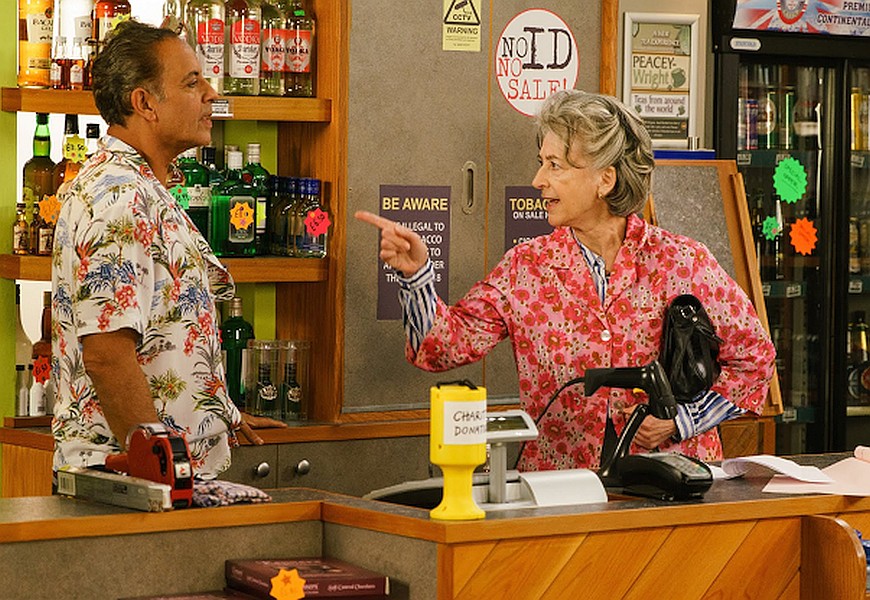
Most common age restricted products mis-sold to underage persons
Knives
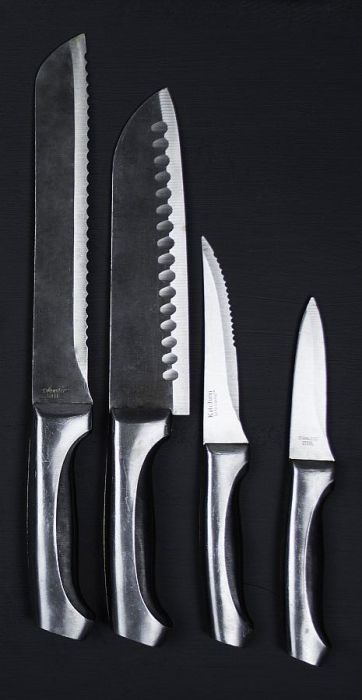
In recent years, shops are being urged to check the age of consumers as part of an initiative to stop illegal, underage knife sales. The initiative arises as Metropolitan Police figures show that the number of knife crime offences recorded in London alone reached almost 15,000 in 2018/2019 – a worryingly increase of more than 5,000 since 2015/2016.
London Trading Standards (LTS), which represents 33 local authorities in London, is joined by the Deputy Mayor of London and the Metropolitan Police for the launch of the Responsible Retailer Agreement (RRA) on knife sales. The RRA comes as new figures show that 160 knives were sold to teenage mystery shopper as young as 13 years old last year, with 1 in 9 stores making an underage sale.
In 2018, a mystery shopper survey showed results that 1 in 5 teenagers buying knives were not asked to produce ID. Over 4,000 teenagers took part across a number of stores. Findings showed that a big 26% of mystery shoppers were not asked for ID at homeware stores, while 15% successfully bought a knife without their age being verified at supermarkets. Although the numbers of shoppers not being checked remained high during the survey, the most recent figures are an improvement on the previous years:
- 18% of mystery knife buyers were not asked to show ID in 2018
- 25% of mystery knife buyers were not asked to show ID in 2017
- 43% of mystery knife buyers were not asked to show ID five years ago.
Tobacco
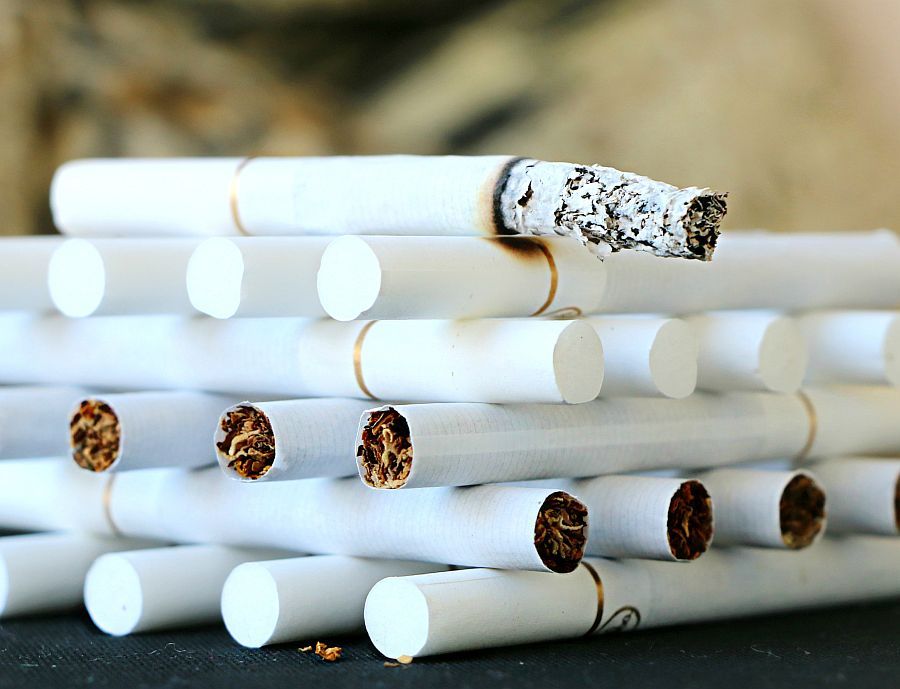
As a society, we want to prevent children becoming dependent on tobacco because it harms their health and leads to anti-social behaviour. It is illegal to sell these products to anyone under the age of 18 years. Trading standards and the police can enforce these laws. Nicotine is a poison - a tiny amount is considered to be a potentially lethal dose for an adult. Significantly less can kill a child. There is a specific risk of death to young children who come into contact with 'e-liquids' containing nicotine, and certain warning labels must be present and containers must be child resistant.
In 2017, an online survey was sent out to all councils undertaking tobacco control activities in England (151 councils in total). Of all councils in England, 84% had undertaken activities related to underage sales of tobacco products and 74% had undertaken activities related to underage sales of nicotine inhaling products (NIPs). The results of this survey showed that:
- 65% of all councils had carried out visits to retail premises with volunteer under-18s to test compliance with the legislation on the sale of tobacco products to under-18s with 2,115 premises visited
- 62% of these reported that cigarettes were sold to underage persons in at least one premises.
Alcohol
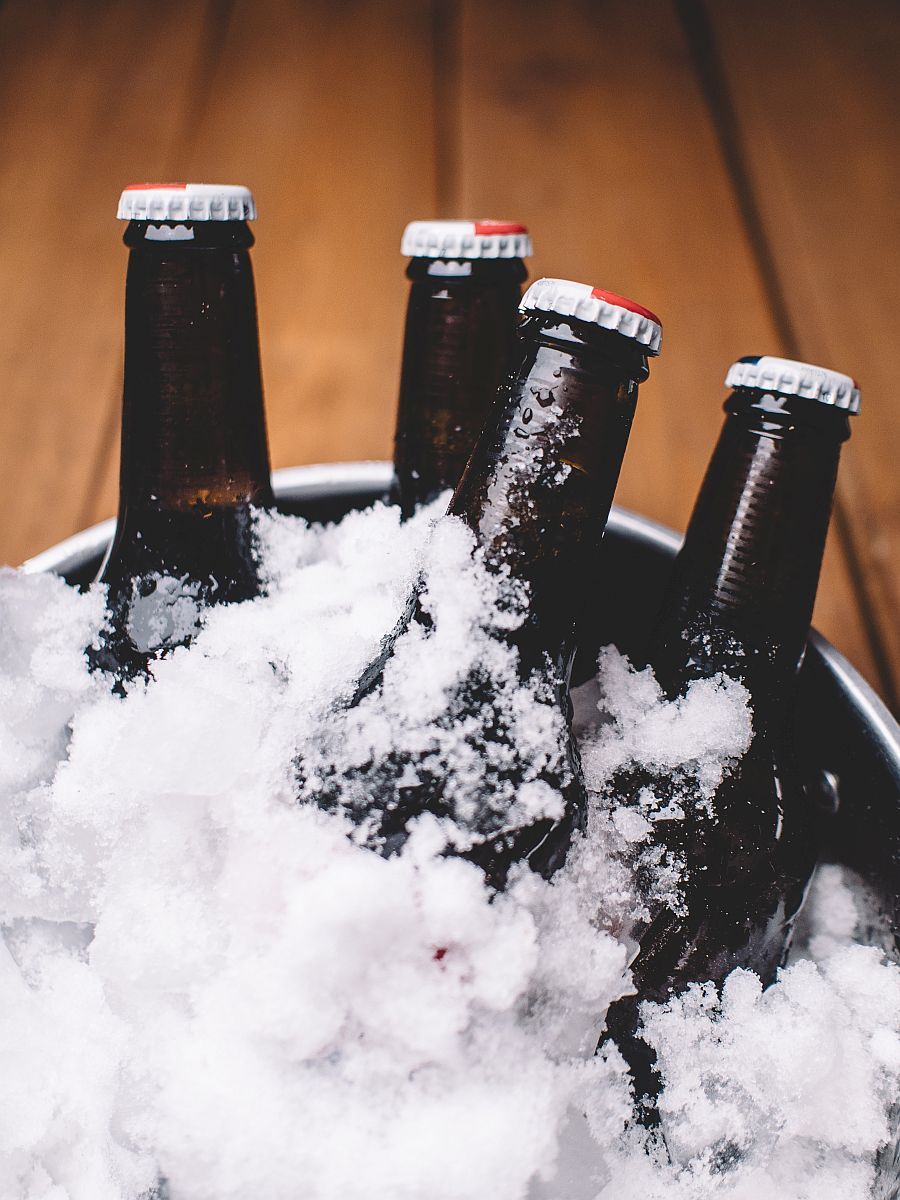
The most common reason for the legislations behind the legal drinking age is the effect that alcohol has on the brain in adolescents. Since the brain is still developing, alcohol can have a negative effect on the memory and long-term thinking. It can also cause liver failure, and create a hormone imbalance in teenagers due to the constant changes and maturing of hormones during puberty. For these reasons, and not only, the UK government has put in place age restrictive laws on products like alcohol.
It is important for all retailers (however large or small), pubs, bars, late-night venues, and any venues selling alcohol to comply to these laws. In 2015, 42,984 alcohol sale tests in supermarkets, convenience stores and petrol stations were carried out across the UK. Age ID was requested in 83% of visits before alcohol was sold. In more recent years, audit pass rates have decreased from 72% in 2016/2017 to 66% in 2018.
In May 2019, consumers were asked what they would do if they witnessed an underage sale of alcohol:
- around 1 in 10 (9.6%) would boycott a pub, bar or venue if they found out or saw first-hand that it was selling alcohol to young people without age checks
- 28.6% would report them to the police or Trading Standards
- 1 in 5 felt that not checking young people’s age was a sign of poor management (23.5%) and poor staff training (19%).
To prevent underage sales of prohibited goods like alcohol, consumers would like to see:
- retailers improve their age check systems (37%)
- train staff better (33%)
- use independent mystery shoppers to test staff performance (31%).